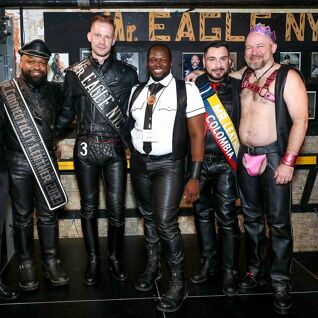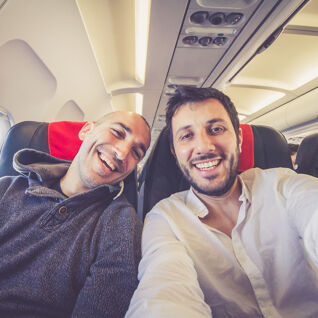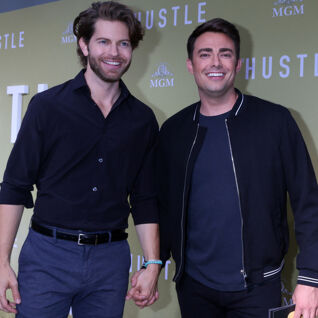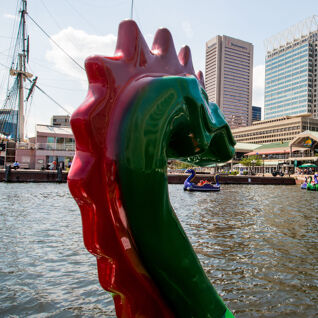Alan Turing was a British mathematics genius, whose story was brought to the big screen in the 2014 movie, The Imitation Game, starring Benedict Cumberbatch. Arguably, a brilliant gay man saved western civilization from the Third Reich.
Turing’s work helped break the Nazi Enigma code during World War II. This was instrumental in hastening the Allied victory. His work also laid much groundwork in the development of modern computing. Even today, scientists apply the “Turing Test” to judge a machine’s level of artificial intelligence (AI).
However, his achievements counted for little when, in 1952, British police arrested Turing and charged him with gross indecency over his relationship with another man. He was given a choice by the judge: Go to prison or undergo experimental hormone treatment to “cure” him of his homosexuality.
Turing chose the latter, but the treatment led him to grow breasts and affected his thinking and concentration. Two years after his arrest, he killed himself, aged 41.
He is now recognized as a genius. From next year, his face will feature on £50 banknotes.

There is a blue plaque at the place of his birth, 2 Warrington Crescent, W9. A steel sculpture of him stands in St Mary’s Terrace, Paddington, West London. It was installed in 2013, alongside sculptures of other local heroes, nurse Mary Seacole and Paddington Bear author Michael Bond.
The subjects were chosen by local residents, installed by the transport charity, Sustrans, and designed by artist Katy Hallett.

























